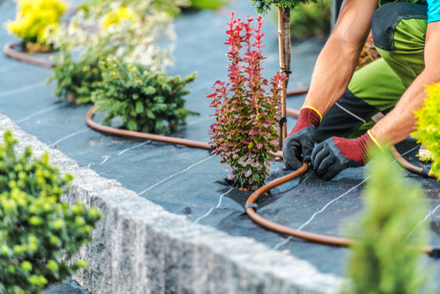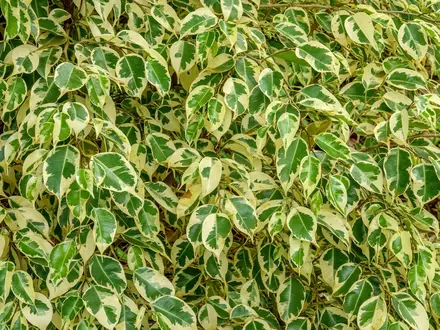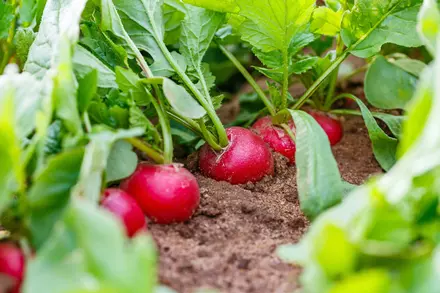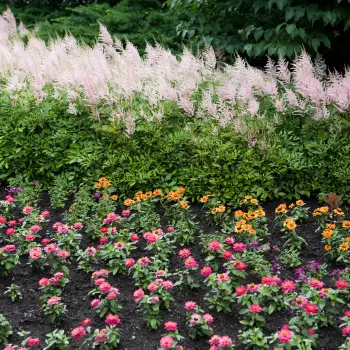Understanding different types of irrigation

Irrigation is fundamental to maintaining a healthy, flourishing garden. The right irrigation system not only ensures your plants get the hydration they need, but it also helps conserve water and save time. With several irrigation methods available, choosing the right one can greatly impact the growth and productivity of your plants. Let’s explore the most common types of irrigation systems and their benefits to help you make the best choice for your garden.
Drip Irrigation: Precision and Efficiency
Drip irrigation is one of the most efficient systems available, particularly suitable for row crops, vegetable gardens, and perennial beds. This system slowly delivers water directly to the soil at the root zone, minimizing evaporation and water runoff. Here’s why it’s advantageous:
- Water Conservation: Drip irrigation is highly water-efficient, using up to 30-50% less water than traditional watering methods.
- Targeted Hydration: By delivering water directly to the base of each plant, drip systems reduce the amount of water wasted on non-growth areas.
- Reduced Weed Growth: Watering is localized to the plant's root zone, which discourages weed growth in between rows and plants.
Drip systems can be easily customized to fit specific garden layouts and are excellent for handling diverse planting areas.
Sprinkler Systems: Versatility and Coverage
Sprinkler irrigation mimics natural rainfall and is capable of covering large areas efficiently. This method is ideal for lawns, large vegetable gardens, or mixed planting areas. Types of sprinkler systems include stationary, oscillating, rotary, and impulse sprinklers, each designed for different types of areas and uses:
- Uniform Water Distribution: Sprinklers can provide even coverage, making them ideal for grass and other ground covers.
- Automated Scheduling: With the integration of timers, sprinkler systems can be set to water at the most effective times of day, often early morning, to reduce evaporation.
- Adaptability: Sprinkler systems can be adapted with various heads and nozzles to suit different pressure needs and areas.
However, they can be less water-efficient compared to other methods, especially in windy or high-evaporation conditions.
Soaker Hoses: Gentle and Effective
Soaker hoses offer a more straightforward approach to garden irrigation, ideal for rows of plants or raised beds. These hoses have small holes along their length that let water seep out slowly, saturating the soil around plant roots directly. Key benefits include:
- Ease of Use: Soaker hoses can be laid out along rows of plants and covered with mulch to conserve water further.
- Water Efficiency: Like drip systems, they deliver water directly to the soil, which helps minimize wastage.
- Cost-Effectiveness: Soaker hoses are generally less expensive to install than more complex systems like drip irrigation.
They're particularly useful in dense plantings where other types of irrigation might not reach the soil efficiently.
Manual Irrigation: Control and Simplicity
For smaller gardens or those just starting out, manual watering using a hose or watering can is often sufficient. While this method requires more time and effort, it allows for maximum control over the amount and areas where water is applied. Considerations include:
- Flexibility: Watering by hand lets you adjust quickly to changes in weather and soil moisture levels.
- Low cost irrigation: This method does not require the setup costs associated with automated systems.
Manual irrigation requires vigilance and commitment but can be deeply satisfying as it allows gardeners to connect closely with their plants.
Choosing the right system for your garden's irrigation
Selecting the right irrigation system depends on several factors, including the size of your garden, the types of plants you grow, your local climate, and your water conservation goals. By assessing your specific needs and exploring these various systems, you can ensure that your garden not only survives but thrives. Proper irrigation is crucial for healthy plants and abundant yields, reinforcing the importance of tailored, efficient watering practices in your gardening strategy.



